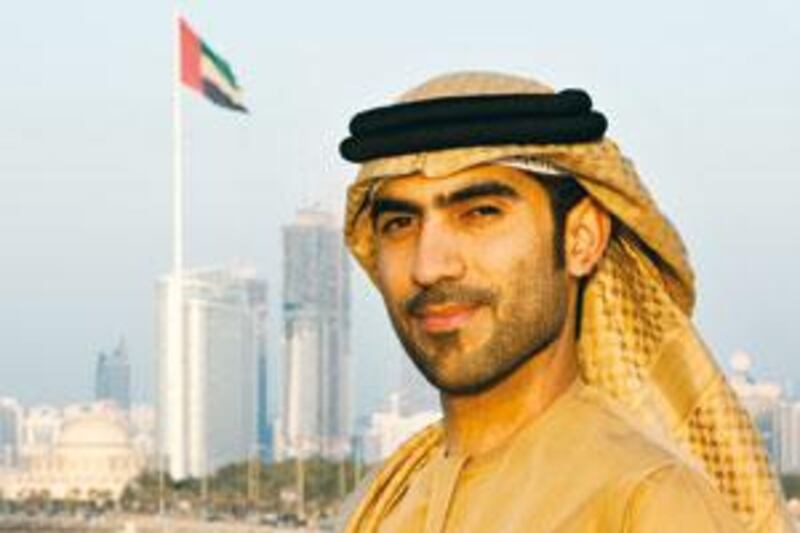Dear Ali: I was involved in a discussion with some Arab friends. When another person joined the conversation, their voices got progressively louder. They kept shouting "Wallah" and it almost felt like they were fighting. Is this usual? BB, Abu Dhabi Dear BB: When Arab friends talk to each other, sometimes it sounds as if they are going to come to blows, but I assure you this is just our way of expressing ourselves. There's no need to worry, unless your friends start moving furniture around!
It might be that you are still getting used to our language, too. We have a lot of sounds that are difficult to pronounce for English speakers, and a lot of these sounds might seem harsh or angry. Arab men especially are quite dramatic when it comes to talking. It might have something to do with our majlis culture, in which we all try to out-do each other when it comes to telling stories. One of the classic ways we show our emotion is to use the word "Wallah", which translates to "I swear to God". We repeat this phrase if we really want to make a point or have others truly believe in what we are saying.
I think body language is almost as important to communication as words. Arabs, for example, are close talkers (between same genders), which might come across as confrontational if viewed from afar. We also use all manner of gesticulations, which might be different from western gestures. It's all about adding some spice to what we say. If I am listening to someone's bad news, I want them to know I sympathise with them, so I would start with a soft voice to reassure them. If I see that the news has upset them, I might increase the volume, and say something like: "Oh really" or "No way!" Of course, there are soft-spoken Arabs, too, just as there are loud westerners. But don't mistake the loudness for anger; there's a good chance we're just enjoying a chat.
Dear Ali: I have a Jewish friend in Abu Dhabi who wants to know if there is a place to celebrate Passover in March. I told her, if anyone knows, it's Ali. AK, Abu Dhabi Hi AK: I've said it before, but let me repeat it again: Jews are our cousins. In the Middle East, 30 per cent of the population is Jewish, and there are Jews in Bahrain, Iraq and Yemen. And let's not forget that back in the day, the prophet Ibrahim and his son Ismael were the two people who built the Kaaba, which Muslims now consider to be "Allah's house", the black-curtained sacred site in Mecca.
Passover is one of the holiest holidays in Judaism, and celebrates the exodus of the Jews from Egypt, where they were enslaved. The tricky part about celebrating Passover in the UAE might be finding matza, the unleavened bread that is a symbol of the holiday. I would recommend you check with a couple of different venues such as The Club (www.the-club.com ; 02 673 1111); I'm not sure whether they hold a specific Passover dinner, but they do have celebrations for Easter and Christmas and might be able to suggest a group of their own members who could recommend a place to you.
Of course, you can always celebrate at home or at a friend's. Once again, do not be scared about being a Jew in Abu Dhabi. Our government does not have a diplomatic relationship with Israel, but we differentiate between a person's faith and their political viewpoints.
Arabic: Enzain English: All right or OK The word zain, means "good" or "fine", and so we add "en" to it so it becomes a specific way of saying "OK" or "all right". In the Gulf or Khaleeji dialect, enzain has the same meaning as hassanan in classical Arabic. Example: "Hey Helen, please make sure you bring your laptop with you to the meeting." "Enzain, Ali, I'll do that."





